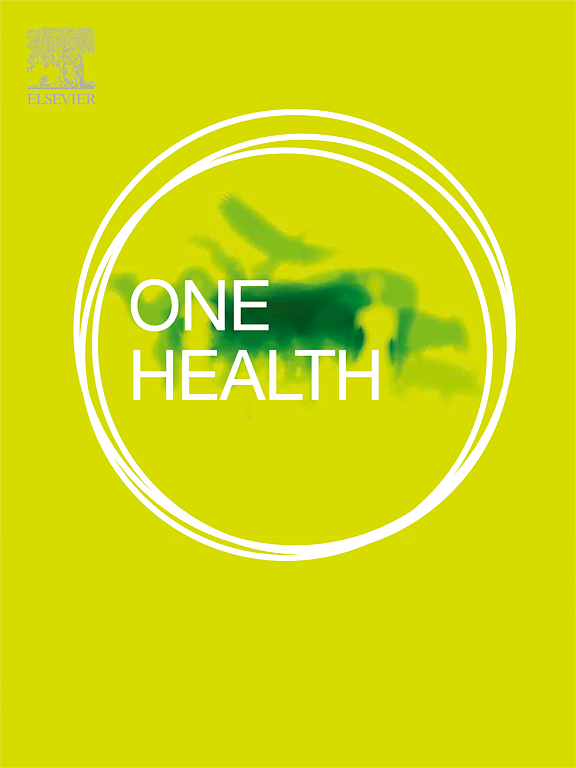Promoting risk communication and community engagement during Mpox outbreak in fragile conflict zones of Eastern DRC
IF 4.1
2区 医学
Q1 INFECTIOUS DISEASES
引用次数: 0
Abstract
The Democratic Republic of the Congo (DRC) declared a national outbreak of monkeypox (Mpox) in December 2022, and in February 2023, an incident management system was implemented. As of May 26, 2024, the DRC had recorded 7851 cases of Mpox, with 384 fatalities. The number of confirmed cases in the province has been increasing. Of all cases, 117 (36 %) were individuals living in camps for Internally Displaced People (IDP) in North and South Kivu provinces. These provinces are currently considered as foci of the outbreak.
The challenges of this outbreak in Eastern DRC, where there exist high levels of general insecurity, distrust of government and foreign actors, and ongoing violence, have contributed to widespread community resistance to potentially lifesaving interventions. The complex relationship between armed conflict and public health highlights the need for a One Health approach to address both short-term and long-term health challenges in conflict-affected regions. Armed conflict often disrupts healthcare systems, making it difficult for people to access diagnosis, treatment, and prevention services, thus leading to increased disease transmission and severe outcomes. An effective Risk Communication and Community Engagement (RCCE) strategy is the bedrock to addressing these specific needs of people in conflict zones and improving their acceptability of health interventions. A One Health approach integrating RCCE would empower communities to manage risks, identify outbreaks and avoid infected animals, improving community acceptability to public health interventions. In the delicate war zones of the DRC, conveying emergency concerns related to Mpox is a worry in terms of preserving and fostering trust in the government. This paper seeks to highlight the need for urgent intervention by the local and global public health communities to work together to put stronger policies and long-term plans into place that prioritize building a resilient healthcare system, encouraging risk communication, and engaging the community in order to combat the Mpox outbreak in the Eastern DRC fragile conflict zones.
求助全文
约1分钟内获得全文
求助全文
来源期刊

One Health
Medicine-Infectious Diseases
CiteScore
8.10
自引率
4.00%
发文量
95
审稿时长
18 weeks
期刊介绍:
One Health - a Gold Open Access journal.
The mission of One Health is to provide a platform for rapid communication of high quality scientific knowledge on inter- and intra-species pathogen transmission, bringing together leading experts in virology, bacteriology, parasitology, mycology, vectors and vector-borne diseases, tropical health, veterinary sciences, pathology, immunology, food safety, mathematical modelling, epidemiology, public health research and emergency preparedness. As a Gold Open Access journal, a fee is payable on acceptance of the paper. Please see the Guide for Authors for more information.
Submissions to the following categories are welcome:
Virology,
Bacteriology,
Parasitology,
Mycology,
Vectors and vector-borne diseases,
Co-infections and co-morbidities,
Disease spatial surveillance,
Modelling,
Tropical Health,
Discovery,
Ecosystem Health,
Public Health.
 求助内容:
求助内容: 应助结果提醒方式:
应助结果提醒方式:


